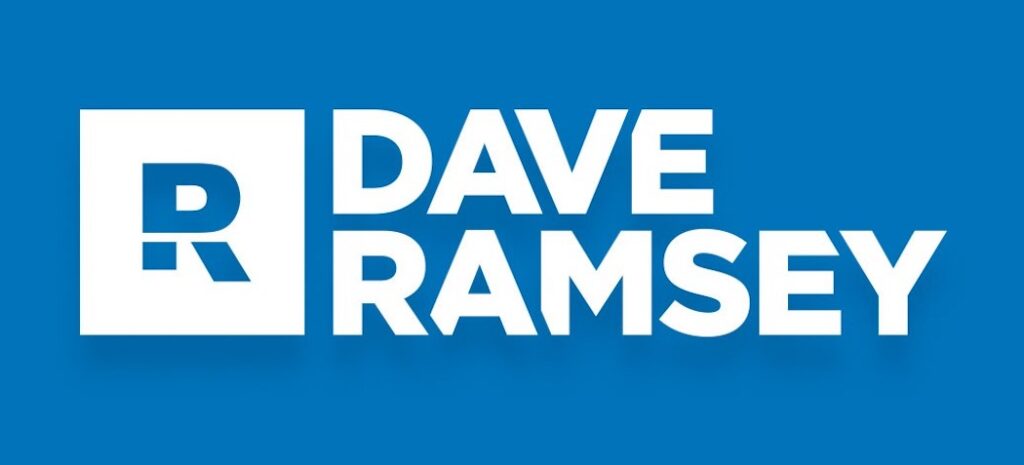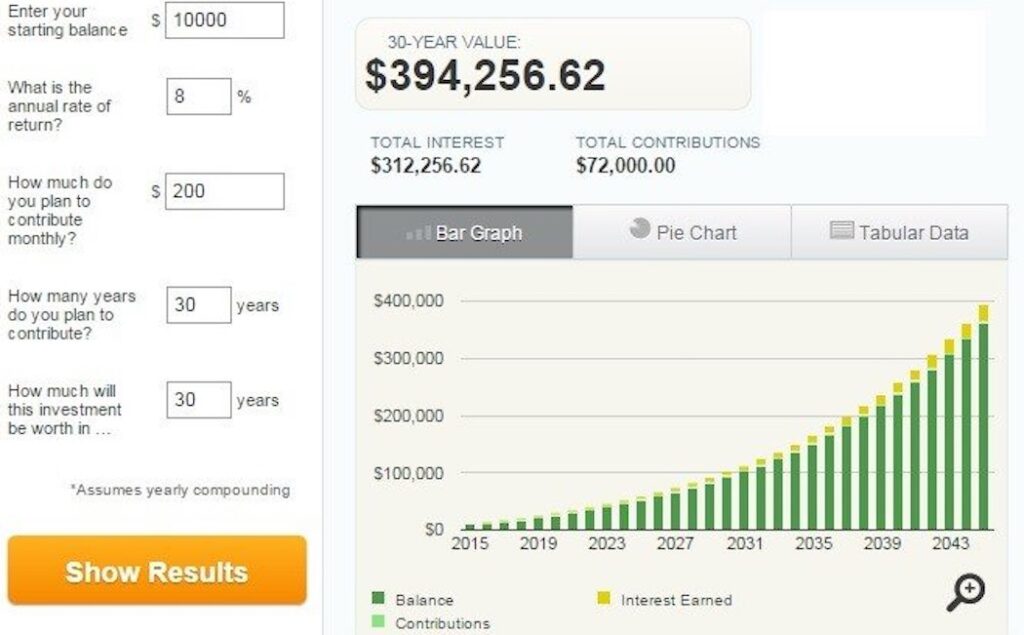
For many, the 401(k) is a beacon of retirement – a promise of peaceful golden years sustained by disciplined savings. Yet, with its unpredictable nature, life can sometimes push us towards the tempting pot of our 401(k) savings before retirement. Should you give in? Let’s dive into the pros and cons of early 401(k) withdrawals, helping you navigate potential penalties and tax implications.
Why Consider Early Withdrawal?
Life events like home purchasing, hefty medical expenses, or prolonged unemployment can push one towards considering early 401(k) withdrawals. While the immediate financial relief is palpable, weighing this against the long-term consequences is essential.
Pros of Early 401(k) Withdrawals
- Immediate Access to Funds: The most apparent advantage is the immediate relief from pressing financial burdens. Whether it’s clearing medical bills, down payments for a home, or bridging gaps during unemployment, early withdrawal can offer a financial lifeline.
- Potential for Alternative Investments: If you’re considering early withdrawal for investing elsewhere, like a promising business venture, it can sometimes provide higher returns. But this comes with its own set of risks.
- Hardship Withdrawals: Some 401(k) plans allow hardship withdrawals without the 10% penalty if you meet specific criteria. This includes certain medical expenses, college tuition, foreclosure prevention, and more. Remember, while the penalty might be waived, you’ll still owe taxes on the withdrawal.
Cons of Early 401(k) Withdrawals
- Penalties: Withdrawing before the age of 59½ typically incurs a 10% penalty on the amount withdrawn. This can significantly reduce the funds you receive.
- Tax Implications: Money pulled from a traditional 401(k) is treated as taxable income. This means you could be bumped into a higher tax bracket, increasing your overall tax liability.
- Loss of Compound Growth: One of the 401(k)’s magic elements is the power of compound growth. By withdrawing early, you lose the amount and potential growth on that sum, diminishing your future retirement corpus.
- Potential for Increased Deb: Without disciplined spending, there’s a risk that early withdrawal might lead to future debts, mainly if the underlying financial issues aren’t addressed.
- Reduced Retirement Security: The primary purpose of a 401(k) is to fund your retirement. Tapping into it prematurely could jeopardize your financial stability in your later years.
Navigating the Decision
If you’re contemplating an early 401(k) withdrawal, consider the following steps:
- Evaluate Alternatives: Explore other financial avenues before tapping into your 401(k). This could include personal loans, home equity loans, or assistance programs.
- Calculate the Real Cost: Use online calculators to understand the actual cost of early withdrawal, factoring in penalties, taxes, and lost growth potential.
- Seek Financial Counseling: Consulting with a financial advisor can provide clarity, helping you weigh the immediate relief against long-term consequences.
Conclusion
Life’s unpredictability sometimes necessitates difficult financial decisions. While early 401(k) withdrawals offer immediate relief, they come with a hefty price tag in terms of penalties and future potential. Like any significant financial move, it demands careful consideration, thorough research, and, ideally, expert guidance. Your future self might thank you for your diligence.



